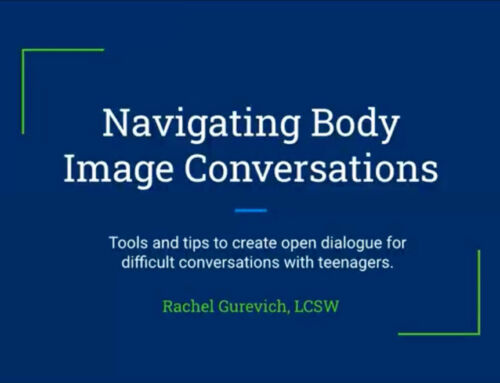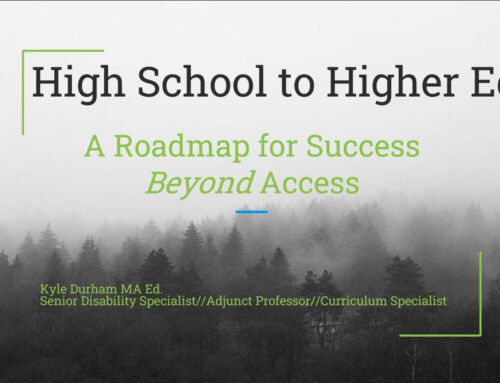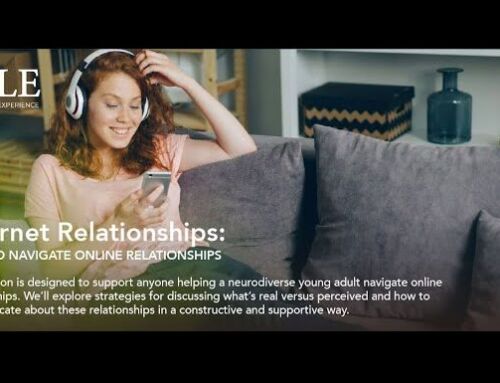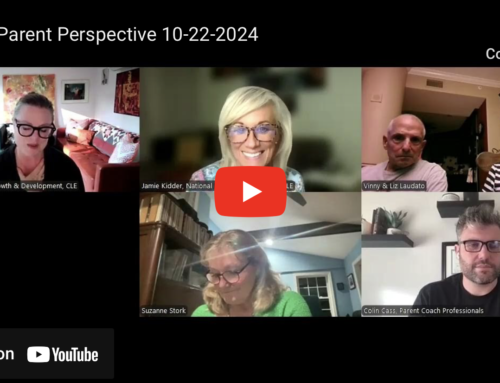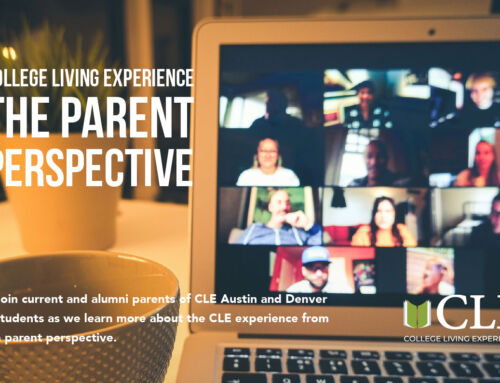by Sabrina Hiltunen
Career Coordinator, CLE Monterey
 According to the National Student Clearinghouse Research Center, approximately 38% of college students transfer schools at least once before earning their bachelor’s degree. This high percentage represents that it is common for people to make programmatic changes. Yet, students often stay in college programs because they fear making a change or fear that others will think they are a failure. This frequently leaves students feeling stuck in an environment that does not allow them to thrive.
According to the National Student Clearinghouse Research Center, approximately 38% of college students transfer schools at least once before earning their bachelor’s degree. This high percentage represents that it is common for people to make programmatic changes. Yet, students often stay in college programs because they fear making a change or fear that others will think they are a failure. This frequently leaves students feeling stuck in an environment that does not allow them to thrive.
At CLE, we aim to help students understand the value of pausing, reflecting, and making shifts. We hope to normalize changes to our path as part of the life experience. Below are self-reflective questions to identify if your current college is the right fit for you:
 Does this program stimulate and energize me or exhaust me?
Does this program stimulate and energize me or exhaust me?
- Am I comfortable sharing my ideas and needs with my peers and instructors?
- If my living arrangement is uncomfortable, is it because of roommate conflicts or the environment?
- Do I feel challenged or overwhelmed?
- Is my body reacting in ways that I can observe, such as nervous tics and/or unhealthy changes in my eating habits?
Resilience is built on Critical Thinking and Problem Solving
When faced with a challenging situation, such as recognizing that the current school is not working, parents and educators can support students by building their critical thinking skills. Working through the challenges and asking students if they have considered different scenarios and outcomes builds resilience, adaptability, and problem-solving skills.
After reflecting on all these questions, ask yourself if you have done everything to improve the situation or exhausted all options. If the latter, it is time to plan a course correction.
Learn to FLEARN: Replacing ‘Failure’ with ‘Areas of Opportunity for Growth’
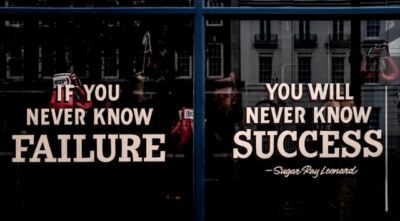 What does it mean to FLEARN? Flearning is learning from our failures. It is the practice of undoing and unlearning what so many of us were taught to believe growing up: that failing is bad and to be avoided at all costs. Instead, flearning allows us to learn from our mistakes while building resilience and new skills. It permits us to move forward differently rather than shutting down and giving up.
What does it mean to FLEARN? Flearning is learning from our failures. It is the practice of undoing and unlearning what so many of us were taught to believe growing up: that failing is bad and to be avoided at all costs. Instead, flearning allows us to learn from our mistakes while building resilience and new skills. It permits us to move forward differently rather than shutting down and giving up.
CLE instructors support our students with their goals and objectives on their path to independence. Progress requires participation and knowledge to work outside one’s comfort zone. CLE replaces “weakness” with “areas of growth” and “learned mistakes”, which is the essence of flearning. Identifying areas of opportunity for growth and receiving feedback from others is essential in college, the workplace, and relationships.
Recognizing when situations are not healthy and beneficial and knowing it is okay to course correct when needed will improve student outcomes. People often stay in jobs, colleges, and programs that they have outgrown or are not the right fit because they fear failure. We want to flip to what opportunities are available when changes are made. 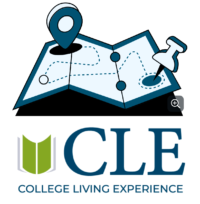
What did I learn from this experience?
What do I want to take with me?
What do I hope can change?
What opportunities may I have if I make a change?
If we focus on the negativity of failure, we unknowingly rob students of gaining the strength to become resilient problem solvers and recognize their abilities. It is a lifelong gift to allow them space for self-discovery and professional guidance to pursue their path and reach their goals.
Can CLE Be a Gap Year:
Yes. Parents and educators can encourage and normalize a gap year during transition periods. A Gap Year allows for a reset and the chance to grow one’s skills, evaluate interests, and explore options. At CLE, coaches work with students on career and academic exploration and self-discovery while building relationships and strengthening other soft skills, preparing them for the next chapter in life.
CLE and educational consultants can provide guidance and options. Resources: IECAonline.com or HECA are education consultant organizations. Call CLE today to learn more about a Gap Year at CLE. (800) 486-5058 or book a time to talk that works for you with our National Admissions Advisors. Explore our eight locations across the country by visiting Experiencecle.com.

